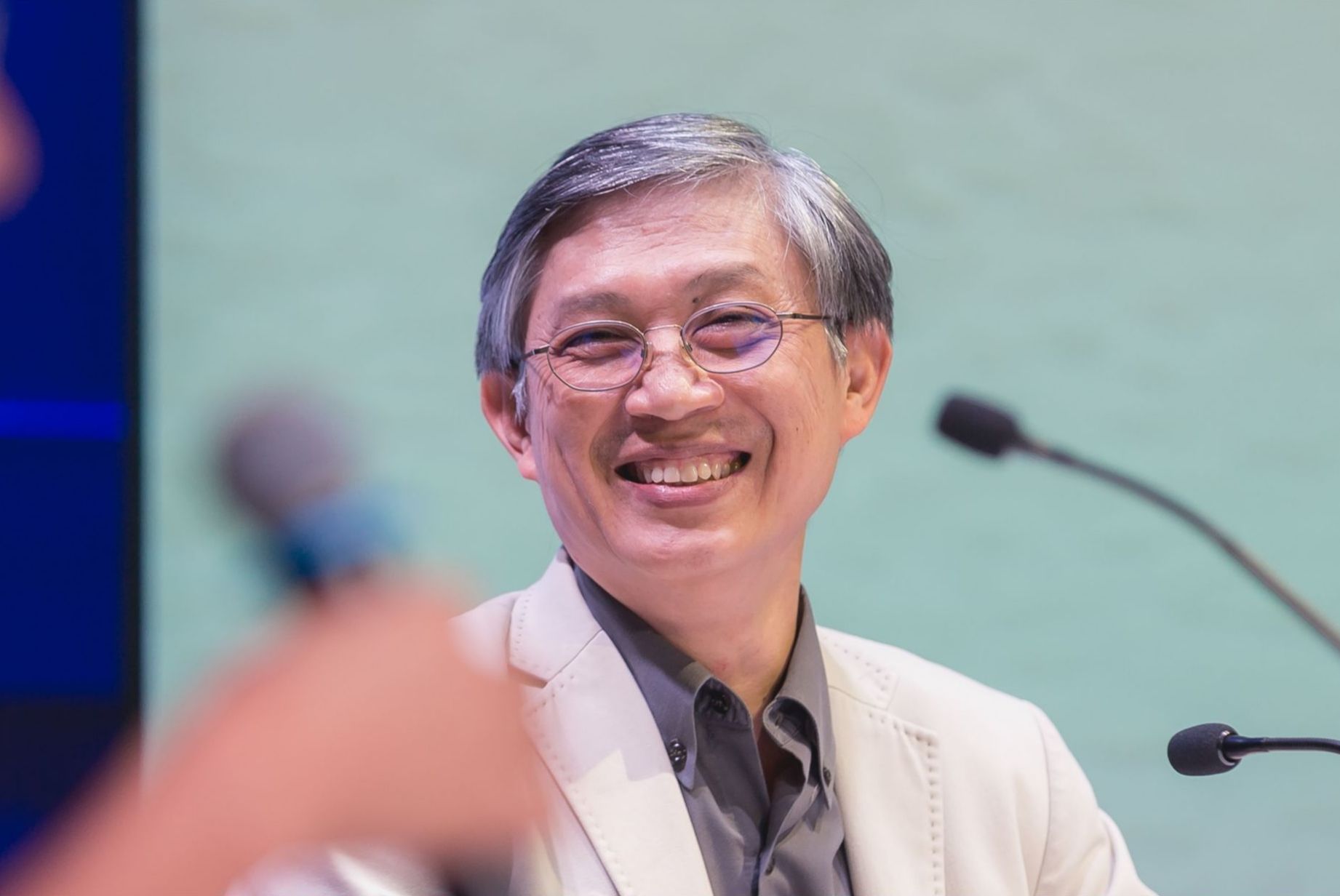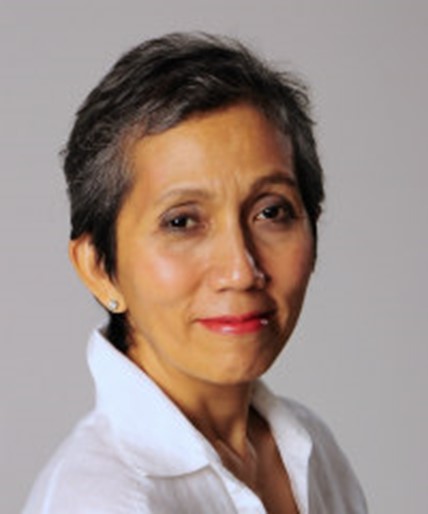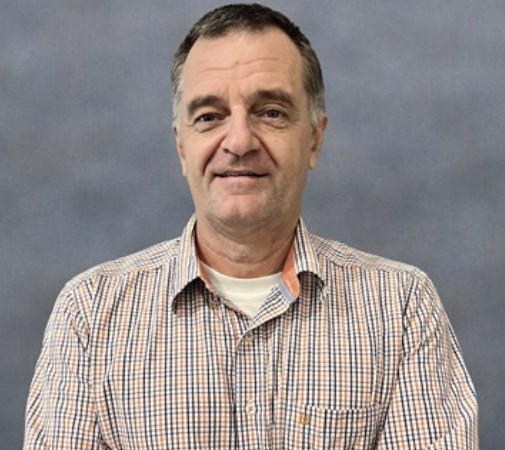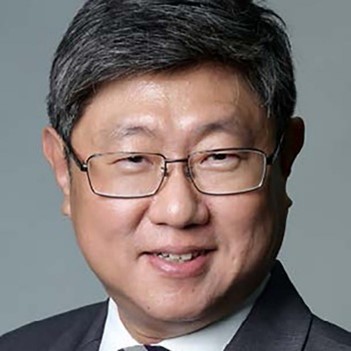Fellowship Overview
The Equity Initiative Fellowship, also known as the Atlantic Fellows for Health Equity in Southeast Asia (AFHESEA), is a fully funded award designed for working professionals from Southeast Asia and China. The Fellowship’s goal is to advance Fellows’ competency in leadership and health equity, and to inspire and deepen their commitment to advancing social justice in health.
The Equity Initiative Fellowship is a lifelong journey that begins with an inspiring and rigorous Induction Year, followed by a longer-term practice-based commitment to health equity through collective leadership for social change. The Fellowship program experience goes beyond traditional academic coursework, through various modalities of experiential, peer, and blended online learning organized around two themes: Health Equity and Leadership.
We have invited Fellows to join this program on the basis of their demonstrated commitment, dedication, and enthusiasm for leading change for health equity. Fellows are the transformative leaders who will work to reform policies and systems, tackle social determinants, and address health inequities within and beyond the health sector.
Applications for the 2026 Fellowship open June 15, and close August 31, with finalists informed December 2025.


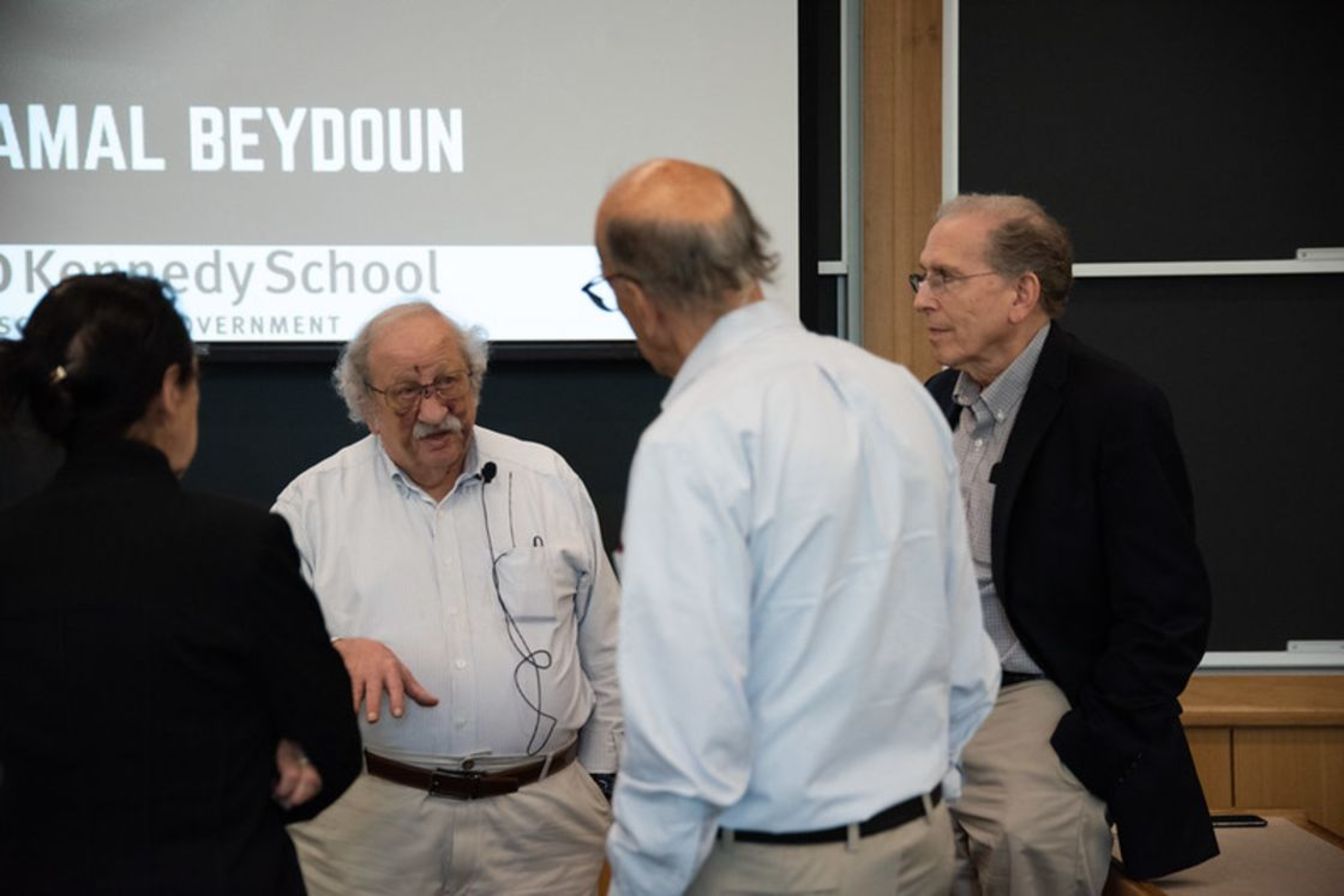
Why Equity and Leadership?
Serious health inequities exist within and between the countries of Southeast Asia and it goes beyond health. This is due to many factors, but chiefly imbalance of power; inequitable policies and laws; unequal economic conditions and opportunities; and historical and contemporary prejudices, including ethnical and religious intolerance. At the Equity Initiative, we define health equity quite broadly as a multidimensional concept that considers fairness in health and social determinants of health and it goes beyond health; it is not just an issue for medical professionals or the health sector alone.
We believe that leaders in society can either perpetuate or worsen inequities, or effect change for the better. Leadership and a community of practitioners are critically important to not only bring regional attention to health equity but also to motivate, innovate, and craft solutions. The Equity Initiative’s goal is that the Fellows will become transformational leaders who can guide, direct, and influence others to bring about fundamental changes for health equity.
Induction Year (March 2026 – January 2027)

Throughout the year, Fellows engage in a series of thoughtfully designed learning experiences that blend peer learning, immersive field visits, cross-sector dialogue, and reflective practice. These experiences are delivered through a dynamic mix of in-person gatherings, peer-to-peer engagement, and blended online learning.
The fellowship induction year is grounded in the following learning objectives:
- Fellows will deepen their understanding of the social determinants of health and the structural barriers that contribute to health inequities.
- Fellows will develop advanced leadership skills that are essential for driving positive systems change.
- Fellows will engage in critical discussions with renowned experts, thought leaders, and fellow change-makers to foster cross-sector collaboration and exchange of ideas.
- Fellows will explore innovative actions aimed at promoting health equity, dismantling systemic barriers, and enhancing access to quality services for underserved populations.
- Fellows will have the opportunity to build a regional network of transformative leaders who are committed to advancing social justice in health.
- Fellows will benefit from a rich learning community that offers peer support, cross-cultural insights, and shared experiences grounded in the diverse realities of Southeast Asia.
Fellows can expect a collaborative and inclusive environment that nurtures meaningful connections within a diverse cohort, provides exposure to pressing health equity challenges, and facilitates engagement with leading thinkers and practitioners.
Fellows will have the opportunity to conceptualize and co-design a group project aimed at advancing health equity in their own communities—laying the foundation for sustained impact beyond the fellowship induction year.
Regional Selection Committee
The final stage of the Fellowship selection process is led by the Regional Selection Committee (RSC), which is responsible for scoring, ranking, and selecting incoming Fellows. The RSC seeks to curate a diverse and dynamic cohort that maximizes meaningful peer learning by selecting candidates from a broad range of countries, genders, age groups, sectors, disciplines, and fields of expertise, with special consideration given to individuals from underrepresented communities.
The RSC comprises distinguished leaders from across the region with demonstrated commitments to advancing health equity. Members are appointed on a rolling basis to maintain balanced expertise and perspectives. Biographies of the RSC members for the 2026–2028 cycle appear below.
Fellowship Application
Fellows are selected based on their demonstrated commitment to health equity and leadership potential. The 2026–2027 fellowship year will mark the program’s 10th cohort, with an anticipated intake of 20 Fellows.
Applications for the 2026 Fellowship open June 15, and close August 31, with finalists informed December 2025.




-
Have a track record of demonstrated commitment to advancing health equity.
-
Have a minimum of 6 years professional experience with significant accomplishments in their fields.
-
Capacity to fully participate in the fellowship activities, with the support of their current employer or home institution, if applicable.
-
Be a citizen of one of the Southeast Asian countries or China.
-
Be proficient in spoken and written English.
-
A strong leadership potential to make a meaningful impact in their field.
-
A clear, long-term vision for driving systems change to advance health equity.
-
A diverse mix of Fellows from a wide range of professional expertise.
-
Achieve a balance cohort of Fellows for optimal multi-national and multi-sectoral for peer learning.
For the 2026 Equity Initiative Fellowship, the application timeline is set as follows:
|
15 June 2025 |
Applications Open |
|
31 August 2025 |
Application Deadline |
|
October 2025 |
Shortlisted Candidate Interviewed |
|
November 2025 |
Final Selection |
|
December 2025 |
Finalists Notified |
|
January 2026 |
10th Cohort of Fellows Announced |
|
March 2026 |
First 2026-2027 Fellowship Event Commences |
What benefits/privileges should the Fellows anticipate?
During the one-year fellowship term, Fellows will engage in fully funded, in-person learning experiences, guided by world-class faculty and leading voices in health equity and development—both regionally and globally. Fellows will deepen their knowledge of health equity and strengthen their leadership competencies through experiential learning, interactive sessions, mentorship, and peer learning. They will also have the opportunity to design and implement a group equity-focused project, supported by seed funding.
What are the Fellow's obligations?
The fellowship is designed for working professionals to accompany full-time work. Fellows are required to attend all Fellowship learning events as well as participate in online learning. It is expected that fellows will network with their peers and wider swaths of multidisciplinary professionals and will become members of a global community with shared interests and goals for social justice in health.
I am not a health expert or working in the health sector, am I eligilble to apply?
Yes, the Equity Initiative is looking for cross sector leadership. What makes the Equity Initiative unique is our commitment to building out a network across professional fields and interests.
What commitments do Fellows have after the Fellowship Induction Year?
Upon graduation, Fellows will start their second year project. Fellows also begin to join the global network of Atlantic Fellows.
If I applied but wasn't selected to the program, can I reapply?
Yes, the applicants are encouraged to reapply when the next call for application is opened.
If I am accepted, can I defer until next year?
No, deferrals will not be accepted. Please apply for the year you wish to participate.
Can I apply if I am not a national of Souteast Asia or China, but have experience working in the region?
No, only citizens or resident nationals of one of Southeast Asian countries or China are eligible to apply.
What is a 'resident national'?
That is, the person is allowed to reside indefinitely within a country of which he or she is not a citizen.
Am I able to apply if I am currently living, working, or studying outside of my home country?
Yes. Applicants currently living outside of their home country who hold citizenship or resident nationality from Southeast Asian countries or China are still eligible to apply.
Who should write my reference letters?
The Equity Initiative program requires two (2) letters of recommendation from each applicant. Reference should comment on your professional abilities, current work and interests regarding social justice or in health development, and leadership qualities either within your field or your larger community.
When are my references' deadlines?
The references’ deadline is the same as the Application Deadline; however, we understand that it may take an extra few days for all references to respond.
How will my application be confirmed?
A confirmation email will be sent to your email address once your application is received.
Can I update my application after submission?
Once submitted, updates to an application are NOT possible. You may work on your application online and save drafts until you are ready to submit. Please only submit your application when it is complete.
Are late applications accepted?
No, we do not accept late applications. We encourage applicants to submit applications as early as possible.
I could not upload my video, how can I get help?
Please email info@equityinitiative.org and we will be happy to help you.
Please make sure your video file types and size are correct. Accepted video file types are avi, mov, wmv, mp4, 3gp, mpg, mpeg and maximum size is 100MB. Slow or unstable internet connection is one of the main causes of unsuccessful uploads.
Other Questions?
Please email info@equityinitiative.org and we will be happy to help you.
